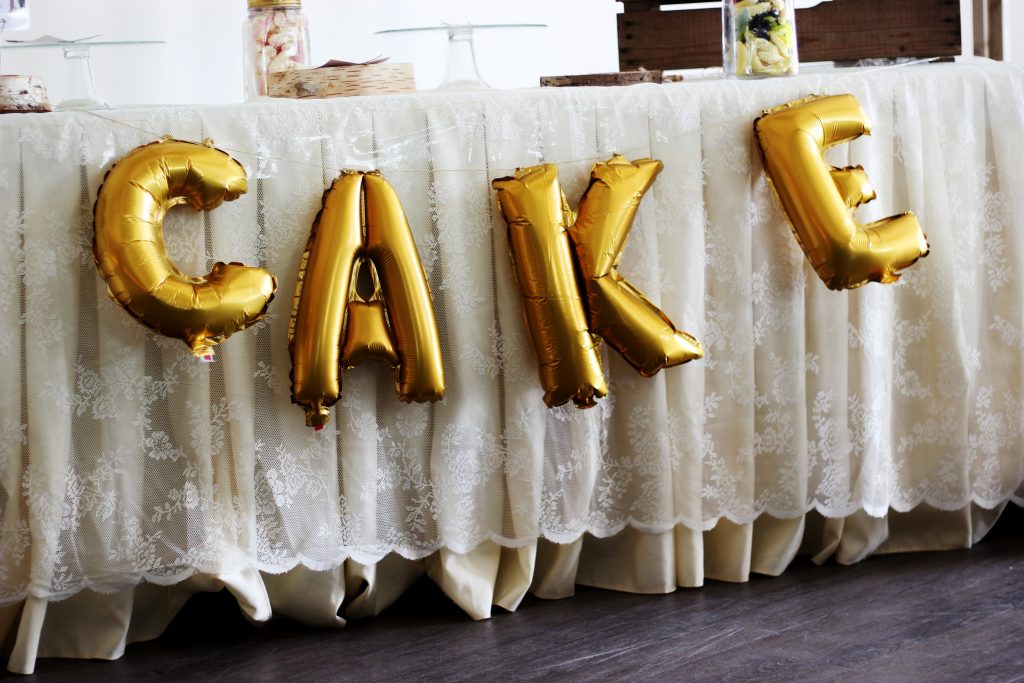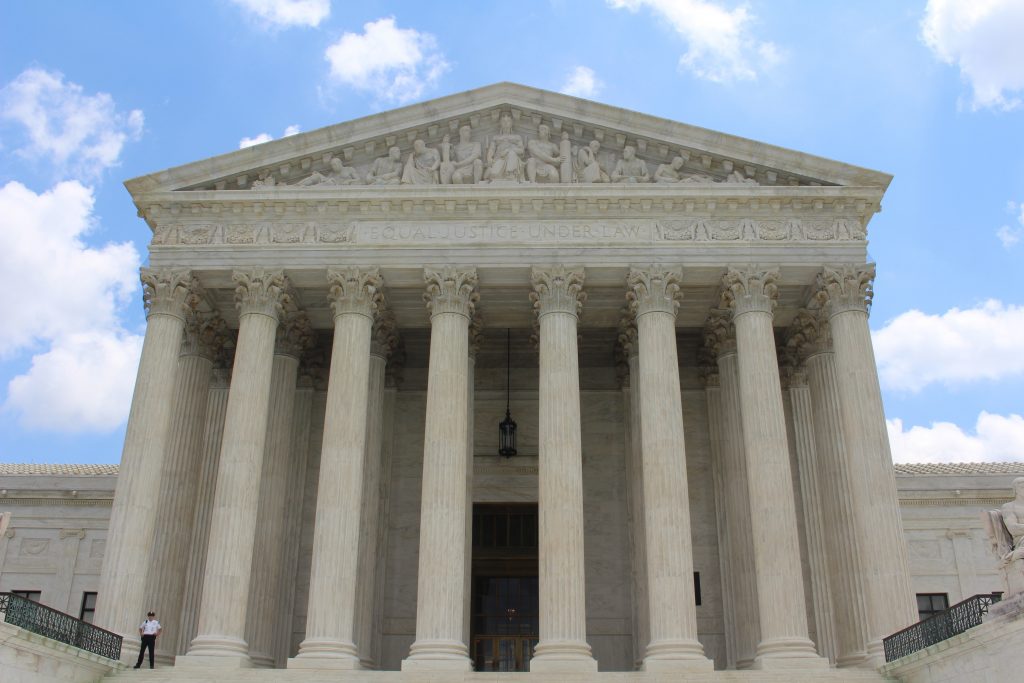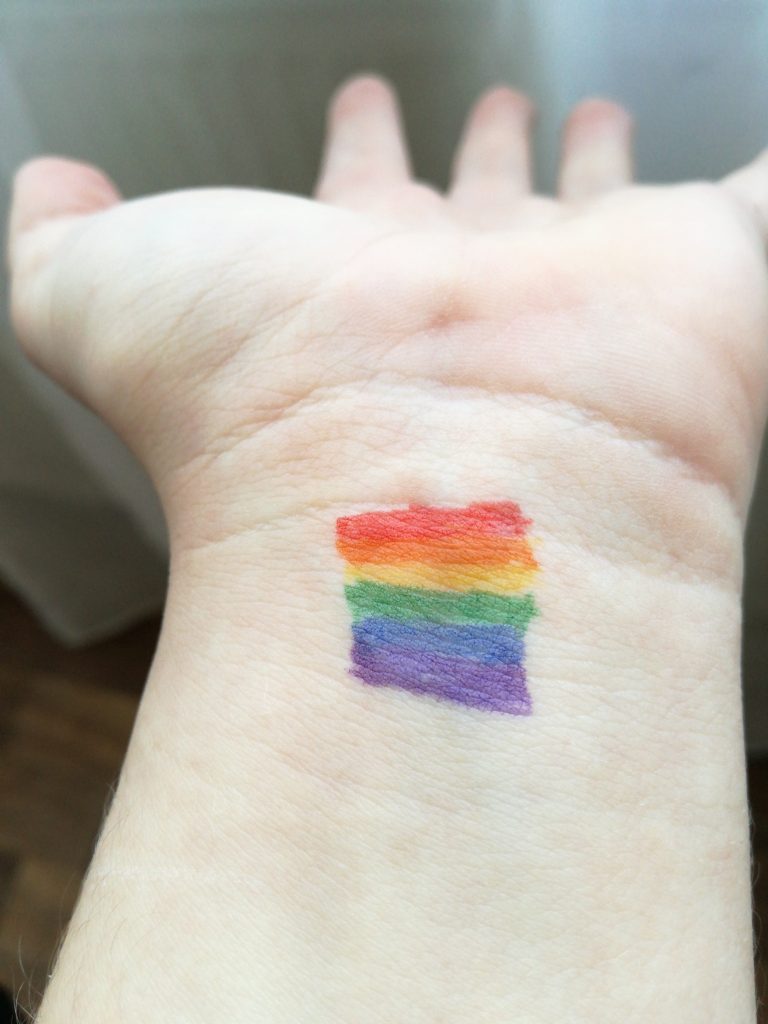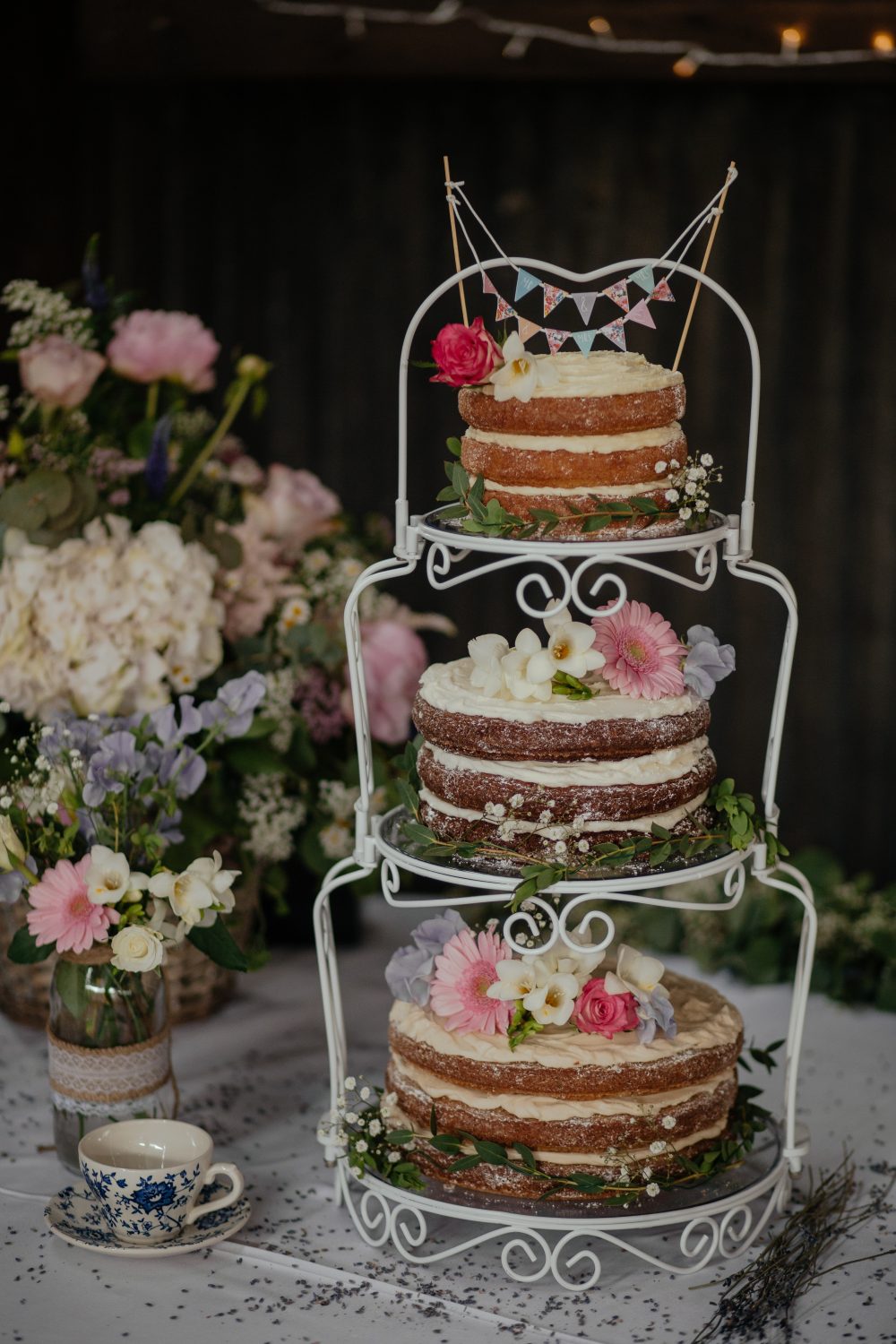What impact will America’s recent gay cake ruling have in the UK?
Can you have your cake and eat it too?
You may have followed the story of Gareth Lee, a gay activist who wished to by a cake with the slogan ‘Support Same Sex Marriage’ from Ashers’ Bakery, in County Antrim, Northern Ireland (we have reported it here, here, and here). The cake was refused as bakery owners said it was contrary to their religious views. The case was heard in the Supreme Court a few weeks ago and we will find out the outcome in a few months time.
Well, cake has returned to the human rights world, and this time it’s from across the pond.
What happened?

Image: Micheile Henderson/ Unsplash.com
In July 2012, a gay couple, Mr Mullins and Mr Craig, went to the Masterpiece Cakeshop, near Denver, Colarado, to order a cake for their wedding later that year. At the time, same sex marriage was not universal in the USA (this has now changed) and the couple would subsequently head to Massachusetts for their happy day.
The glitch came when Mr Phillips, the owner of Masterpiece Cakeshop, refused their order, saying that he would not make them a wedding cake because his religious opposition to same-sex marriage. He was happy, however, to provide them with other baked goods.
The couple, unsurprisingly not content with the birthday cake they had been offered, complained to the Colorado Civil Rights Commission saying it was contrary to the Colorado Anti-Discrimination Act. This bans, among other things, discrimination based on sexual orientation in a “place of business engaged in any sales to the public and any place offering services … to the public.”
The judge of the Colorado Civil Rights Commission found in the couple’s favour.
And the US Supreme Court?

Image: Claire Anderson/ Unsplash.com
The US Supreme Court, by 7 votes to 2, decided the other way. The seven judges in the majority said:
- The rights of gay people must be protected. However, having a religious or philosophical objection to gay marriage is also a view that can be protected.
- Laws that prohibit sex discrimination on the grounds of sexuality must be applied in a way that is neutral towards religion. From Mr Phillips’ perspective, baking cakes was an artistic statement and part of his freedom of expression.
- At the time State law allowed storekeepers to decline to create some messages they considered offensive and other bakers who had also refused such cakes had successfully defended discrimination claims.
- The Colarado Civil Rights Commission showed hostility towards the religious beliefs motivating Mr Phillips’ actions. This meant, it could not be guaranteed that Mr Phillips had had a fair hearing.
- In this case, the Commission said that any message on the wedding cake would be attributed to the customer and not the baker. By contrast, this was not the approach they took in cases where bakers had refused to write anti-gay messages on cakes.
- The Commission had not taken into account Mr Phillips’ willingness to sell the couple other products, demonstrating he was not refusing to serve them because they were gay.
For these reasons, the Commission had violated the fundamental right in the USA, that the State cannot be hostile to religious views.
How does this relate to UK human rights?

Image: Chris Johnson/ Unsplash.com
As said above, a similar version of events has been working its way through the UK courts in the last few years. The key differences between the two stories are:
- Mr Mullins and Mr Craig were ordering a cake for a gay wedding, whereas Mr Lee was ordering a cake with a slogan supporting a political campaign. A wedding cake it something which it clearly for that couple only and therefore appears more personal.
- There had been a State law allowing service providers to refuse messages they found offensive, no such law exists in the UK.
- In America, direct discrimination can be justified, whereas in the UK it cannot. This means that if Ashers’ Bakery are found to be discriminating against Mr Lee, that’s it. Whereas there is more scope in US law to bring in other factors.
- Finally, the case partly relied on accusations that the Civil Rights Commission had taken a hostile view of Mr Phillips’ actions. This has never been alleged here, and if so, would have serious implications for the independence of the judiciary.
In many ways, specific facts and different laws mean this case bares little resemblance to its UK counterpart. On the other hand, the issue of balancing the protection of religious views with the protection of other minority groups is an ongoing dilemma in the human rights world. This case demonstrates the different ways different countries may look at this ever-present issue.
To read the full judgment, see here.







